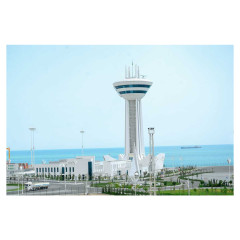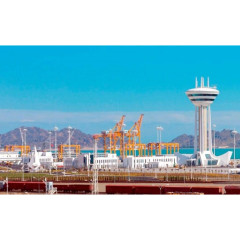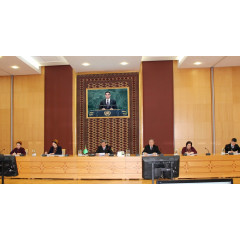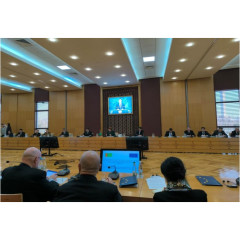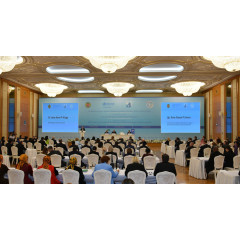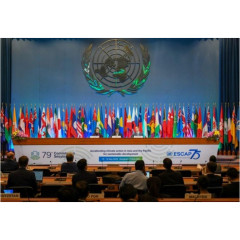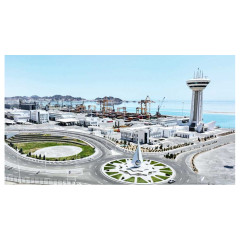

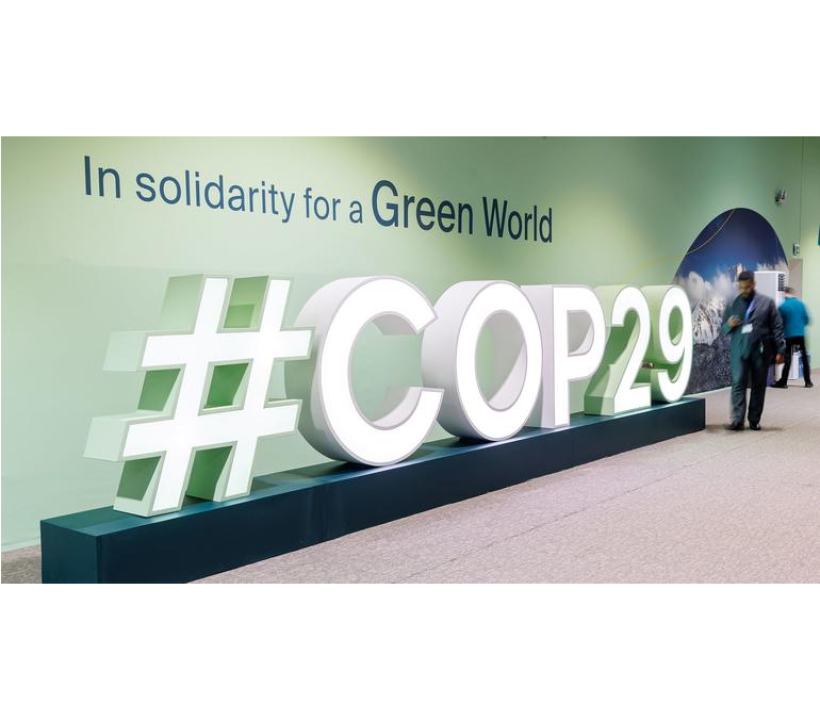
Transportation networks boost economic growth and connect countries, but they also increase global greenhouse gas (GHG) emissions. International shipping, domestic transport systems and international airlines, UN agencies are working regionally and globally to reduce emissions.
From November 11 to 23, 2024, the United Nations Climate Change Conference (UNFCCC COP 29) was held in Baku, Azerbaijan. During this official event, the International Maritime Organization (IMO), the International Civil Aviation Organization (ICAO) and the United Nations Economic Commission for Europe (UNECE) jointly discussed the topic of "Decarbonizing vehicles: policies and strategies for aviation, sea and land".
IMO Secretary-General Arsenio Dominguez reminded participants that more than 80% of international trade in international shipping is international shipping and that energy efficiency has increased by more than 20% since the first IMO regulations on climate regulation came into force.
According to the latest report of the Intergovernmental Panel on Climate Change (IPCC), more than 72% of global warming-threatening CO2 emissions come from the domestic transport and communication sector, with 69% from the transport sector. Air transport accounts for about 2.4% of total anthropogenic CO2 emissions each year, and emissions from maritime transport account for about 2-3%. Currently, the harmful effects of various types of greenhouse gases on the environment and climate are being studied, and special attention is paid to reducing their emissions.
The event at COP29 is a demonstration of UNECE, ICAO and IMO's recent achievements in addressing the impact of the transport sector on climate change, as well as a statement of how Member States and key stakeholders are contributing to the actions needed to achieve carbon neutrality.
In the shipping panel, public and private maritime experts highlighted various aspects of shipping decarbonization under IMO's leadership, including the development of sustainable marine fuel standards, the need for global rules, the importance of technological innovation, and the need for enhanced cooperation between governments, shipowners, charterers, shippers, fuel providers and the port sector.
